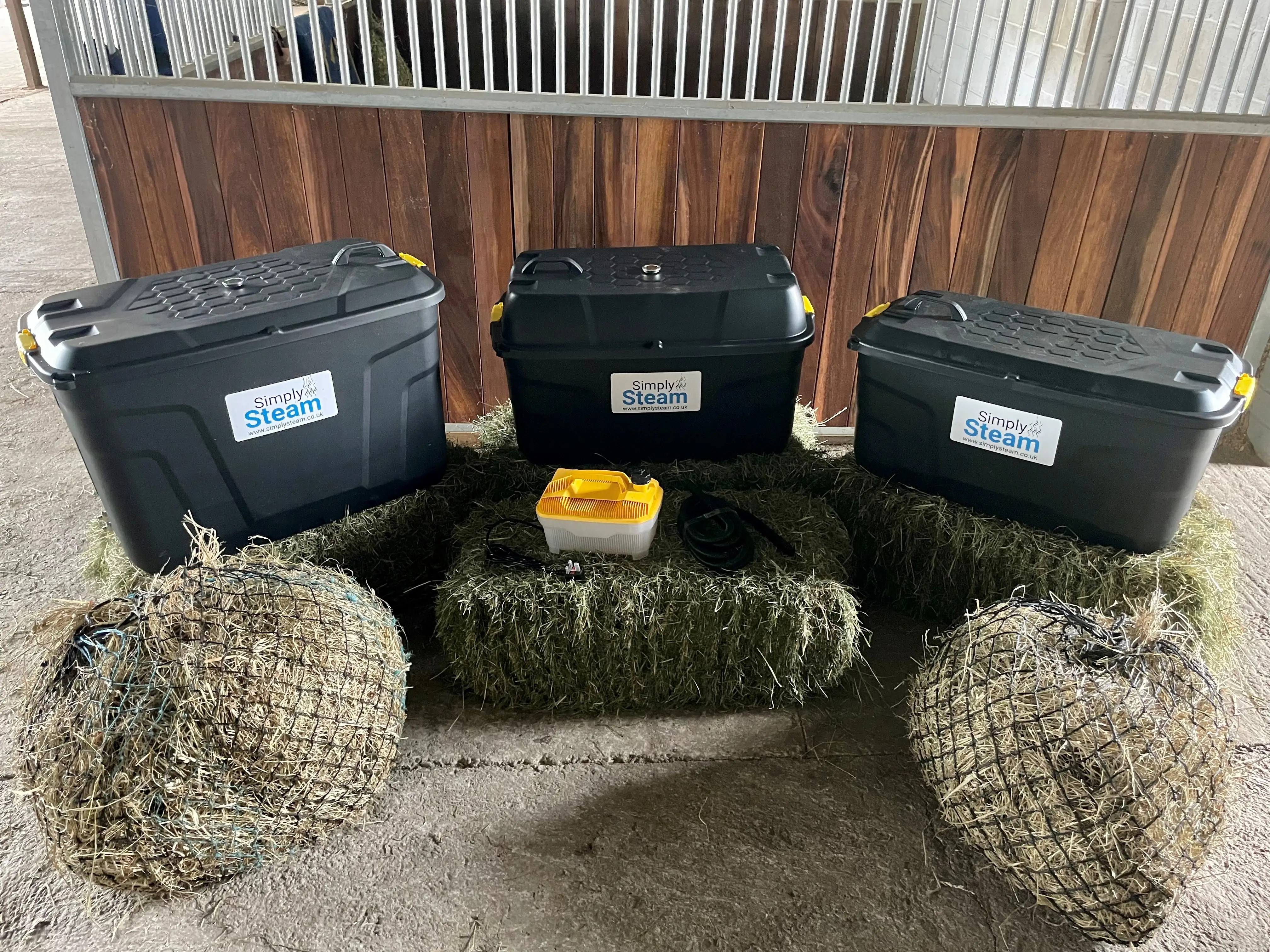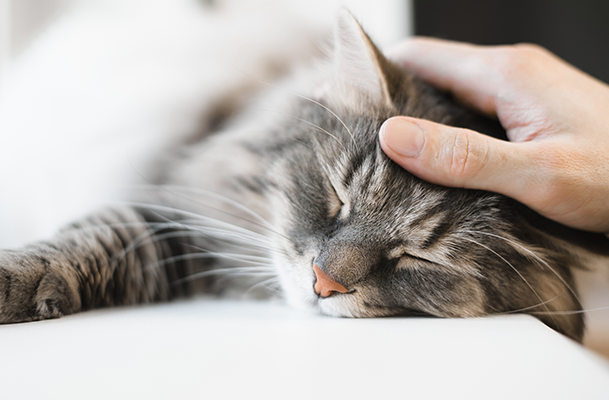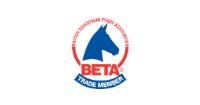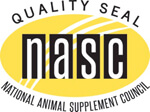Spend 85 € or more for free delivery (Europe mainland)

Atypical Myopathy (AM) or sycamore poisoning is a form of non-exertional rhabdomyolysis (NRE). It is a rare but potentially fatal pathology that can affect horses. It doesn’t seem to affect other members of the Equidea family, however, the reasons behind that are yet to be asserted.
Whilst the first recorded cases in Europe were decades ago, it was only in 2014 that it was linked to the seed and saplings of the Acer pseudoplatanus (sycamore maple). The condition is caused by the ingestion of sycamore tree ‘helicopter’ seeds or saplings. It can have devastating effects if not diagnosed and treated on time. According to the Royal Veterinary College, Atypical Myopathy is fatal for around three-quarters of affected horses [1]. Within 24-72 hours of ingesting a significant amount of the toxin, the condition tends to be fatal if urgent action hasn't been taken.
As autumn sets in, the risk of atypical myopathy in horses increases. Let’s investigate the causes, symptoms, treatment, and steps you can take to prevent it.
Good to know:
Not all sycamores carry the toxin and it may vary year on year.
Atypical Myopathy is primarily caused when horses eat seeds, saplings, leaves, or bark from trees belonging to the Acer family, commonly known as sycamore trees, hence why it is also known as sycamore poisoning. The seeds, especially those that have fallen onto pastures and are mixed with grass, can be a significant source of danger.
Good to know:
In Europe, Atypical myopathy is linked to Acer pseudoplatanus, whilst in the USA it is linked to another variety of the sycamore species, Acer negundo.
The toxin responsible for AM is mainly hypoglycin A, which the tree produces as a defense mechanism to protect seeds and the tree against herbivores and illnesses.
When the toxin enters the horse’s body, the toxin affects the metabolism of carbohydrates, leading to the energy available in muscle cells to plummet. This can result in symptoms ranging from muscle damage to multiple organ failure.
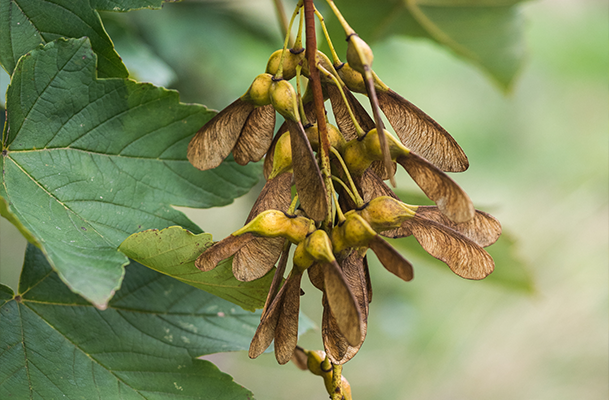
Acer pseudoplatanus - Leaves and seeds
Early diagnosis is crucial in lowering the risks of fatality. A variety of symptoms can be observed in horses who have ingested sycamore seeds.
A lot of these symptoms can be associated with other conditions such as Monday morning disease, anemia, colic: fatigue, rapid breathing, rolling, lying down, refusing to eat or drink, etc. Environmental factors are to be taken into consideration to be able to reach the right diagnoses rapidly.
Good to know:
As the toxin levels in the body take over the horse or pony will still want to eat but may suffer choke as the swallow reflex muscles weaken. Wet hay is one of the safest things to offer.
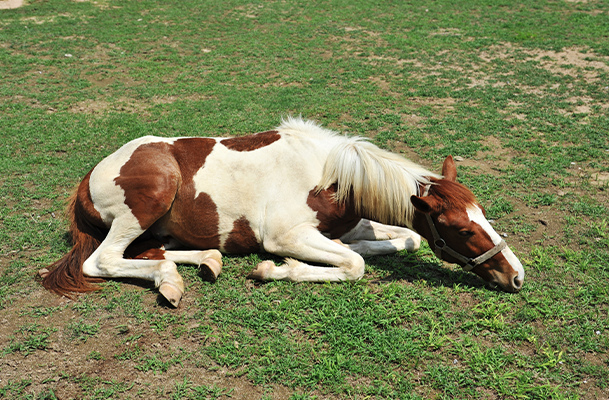
There are no specific treatments for atypical myopathy. Most of the care is focused on treating the symptoms and the complications associated with the condition. Therefore, prompt diagnosis and treatment are crucial in avoiding extensive and fatal muscle damage.
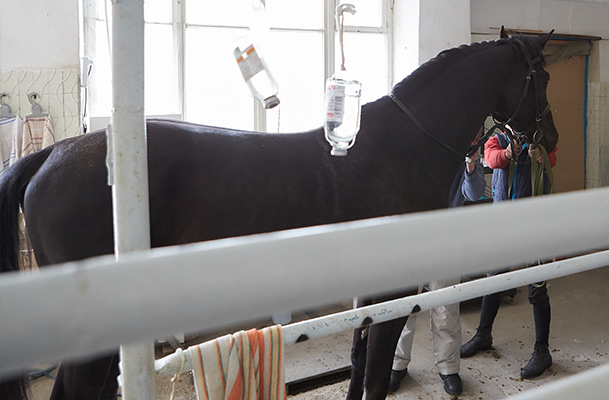
As we’ve seen above, the prognosis for horses suffering from atypical myopathy is dire and diagnosis can be complicated. As often, prevention is better than cure which in this case lies in managing your horses’ environment, grazing, and forage.
Good to know:
If you’re planting hedges and trees to provide your horses with shade and shelter, choose the species wisely. Avoid varieties from the sycamore family and oaks or walnut trees as they all present a toxicity risk.
Atypical Myopathy is a serious and potentially fatal condition in horses. In order to reduce the risks, a proactive approach centered around pasture management and awareness is crucial to reduce the risk to your horses.
If you suspect your horse may be affected by sycamore poisoning, consult with your vet immediately to ensure the correct diagnosis and treatment plan.
[1] Atypical Myopathy Fact File, https://www.rvc.ac.uk/equine-vet/information-and-advice/fact-files/atypical-myopathy
